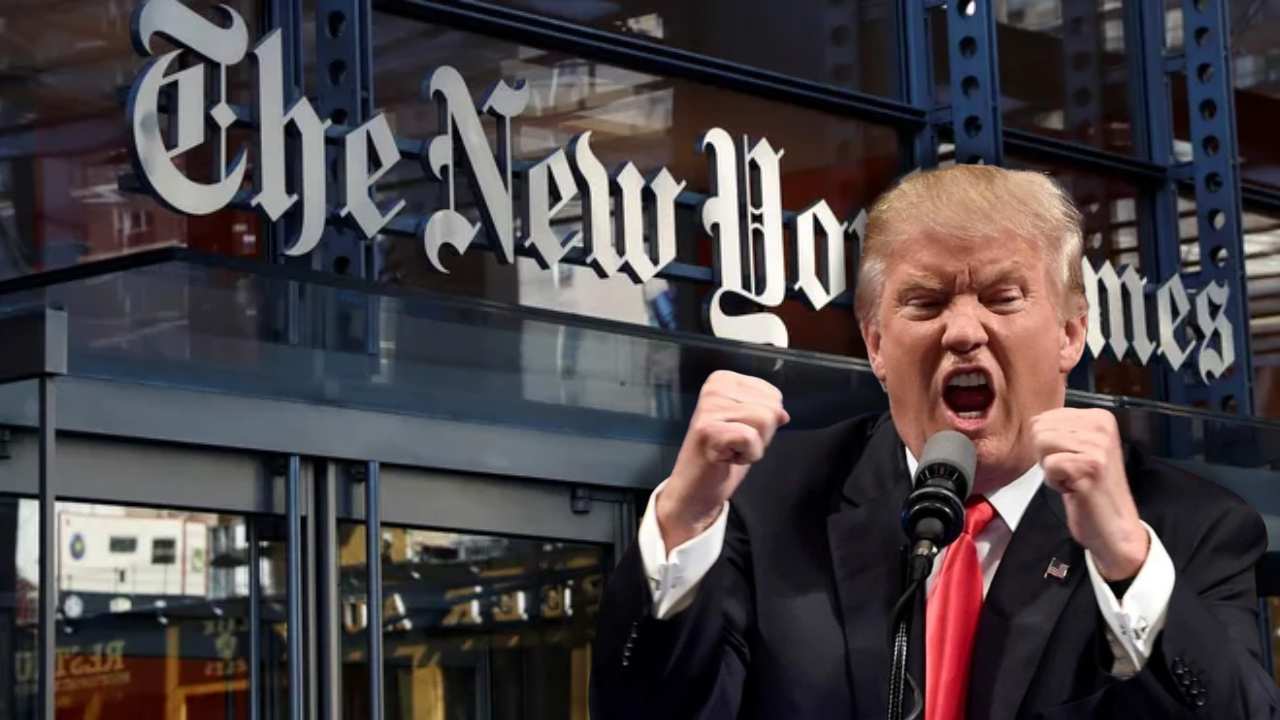Donald Trump has filed a sweeping $15 billion defamation and libel lawsuit against The New York Times and book publisher Penguin Random House, escalating his years-long confrontation with the mainstream press. The lawsuit, lodged in Florida federal court, claims that articles and a book published during and after the 2024 election damaged his reputation, business interests, and candidacy.
The Claims Behind the Lawsuit
Central to Trump’s lawsuit are several items, including a book titled Lucky Loser: How Donald Trump Squandered His Father’s Fortune and Created the Illusion of Success by Times reporters, which he alleges contains fabrications and distortions. He is also targeting multiple articles and an editorial that he says misrepresented his business dealings and personal history. Trump’s legal team accuses the defendants of acting with actual malice—publishing stories they knew were false or recklessly disregarded the truth. The lawsuit claims significant economic loss, including harm to Trump Media and Technology Group, alongside reputational damage.
Critics Question Legal Strength
Legal experts and First Amendment scholars believe the lawsuit faces steep challenges. Because Trump is a public figure, U.S. defamation law requires proof that the Times knowingly published false statements or acted with reckless disregard for truth. Experts describe this as a nearly impossible standard to meet. Many also argue the lawsuit is more about politics and optics than about legal merit, suggesting it is another example of weaponized litigation intended to intimidate critics and shift public discourse.
Implications for Journalism and Free Speech
This lawsuit follows a pattern of Trump targeting media outlets that have published critical reporting. He has previously sued other major publications, including The Wall Street Journal and major broadcast networks. Press freedom advocates warn that even unsuccessful lawsuits can drain resources and create a chilling effect, particularly on smaller news organizations that may shy away from publishing investigative stories out of fear of legal battles.
The New York Times Responds
Both The New York Times and Penguin Random House have rejected Trump’s claims, calling the lawsuit meritless. They insist that their reporting and publications are accurate, fact-based, and protected by the First Amendment. Editors and publishers have vowed to continue their work despite the legal pressure, framing the lawsuit as an effort to silence independent journalism.
Why It Matters
As the United States heads deeper into another charged political cycle, the case highlights ongoing tensions between politicians and the press. It underscores broader debates about misinformation, accountability, and the limits of free speech in an era where lawsuits are increasingly used as political tools. For many observers, this is not simply a legal battle but a test of how resilient American journalism remains under mounting political and financial pressure.









